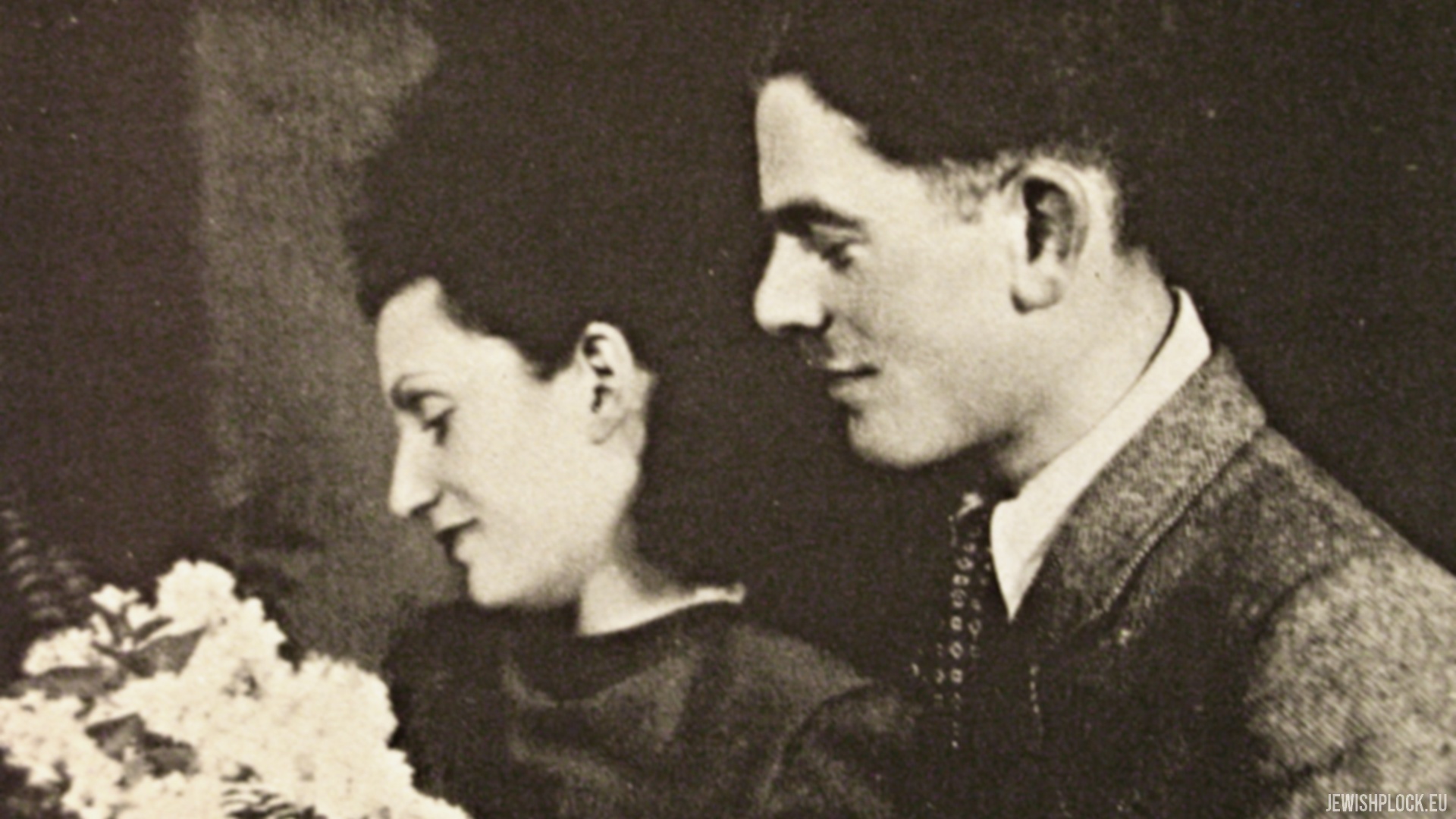Ilonka Rappel

Ilonka Rappel was born in 1919 in Warsaw. Her parents were Adolf – a glove maker and shop owner, and Gustawa née Sztechtman. Ilonka’s family came from Płock (her grandfather, Rachmil Szechtman, owned a soap manufacture on Zduńska Street), and she spent her childhood there. She was a graduate of the Regina Żółkiewska State Middle School in Płock. In 1937 she moved to Warsaw, she used to visit Płock in the summer.
At the outbreak of World War II, she lived at the corner of Marszałkowska and Próżna Streets, then at the corner of Elektoralna and Chłodna Streets, where she looked after the apartment of the Warsaw-based attorney Hempel. As a result of the bombing of the city, the house on Elektoralna Street was destroyed and all Ilonka’s belongings were lost. At that time, her father, mother and younger sister Lilka took refuge with their grandparents in Płock. Anti-Jewish repressions became more and more severe. Ilonka was caught for forced labor by SS men several times. At that time, she lived with relatives: aunt Finkielsztejn and her daughter Lunia with her husband Kuba Kenigsberg and son Andrzej. Living conditions became more and more difficult. Ilonka’s relatives changed their apartment several times. Even then, there was hunger in the open ghetto, and after its closure, the situation got even worse.
In the fall of 1941, she met her friend, Moniek Zelewicz, who came from Stopnica. He offered to take her out of the ghetto and go to his hometown. Moniek had extensive contacts, he knew and paid many Germans and Polish policemen. He took advantage of these acquaintances and led Ilonka out of the walls of the ghetto. They went together to Kielce, and from there to Busko and Stopnica. Ilonka initially lived with Moniek’s cousin, who soon proposed to her and, after a modest wedding ceremony, they began living together. They earned their living running a locksmith’s workshop. At that time, Ilonka’s father died of a heart attack. Ilonka’s mother – Gustawa and her daughter Lilka were displaced to Żarnowiec near Kielce, and from there they were sent to the gas chambers in Treblinka.
In the fall of 1942, all young people were gathered in the market square in Stopnica, loaded onto trucks and transported to the camp in Skarżysko-Kamienna. In early 1943, Ilonka fell ill with typhus. In the summer of 1944, the Germans decided to evacuate the ammunition factory in Skarżysko and transport the dismantled machines to the Reich. Ilonka was sent to the Hasag factory in Częstochowa, Moniek and other specialists were held in order to dismantle the machines. Afraid of being sent to Germany, he escaped from the camp – after the war, Ilonka looked for his traces without success. Work in the camp in Częstochowa was very hard, but her self-preservation instinct helped her survive.
After the city was occupied by the Soviet Army, she was released. All her relatives were murdered in the Holocaust. In 1946, she married Adam Neuman-Nowicki from Płock (1925-2021). In 1957, with her husband and daughter Ania (born 1947), she emigrated to Israel, and in 1963 to the United States. She died in 1997 during heart surgery.
. . .
“Broken life. The fate of women of Płock during World War II and the Holocaust” is a series of texts on JewishPlock.eu, in which, between 22 February and 1 March 2022, we will recall the stories of Jewish women associated with Płock – those who were born in our city, but also those who lived or stayed here for a certain period of time. Courageous, persistent, wise, strong and caring. Women who fought for the survival of themselves and their families. They looked after children, orphans and the elderly, gained food, aided the wounded, and engaged in military struggle. They worked beyond their strength in Nazi forced labor camps. We will present the profiles and memories of women who survived the Holocaust. We will also commemorate the women of Płock who perished in extermination camps. Sometimes the only remaining trace of them today is a single entry in archival documents…
The project is implemented by the Nobiscum Foundation as part of the 81st anniversary of the liquidation of the ghetto in Płock.















